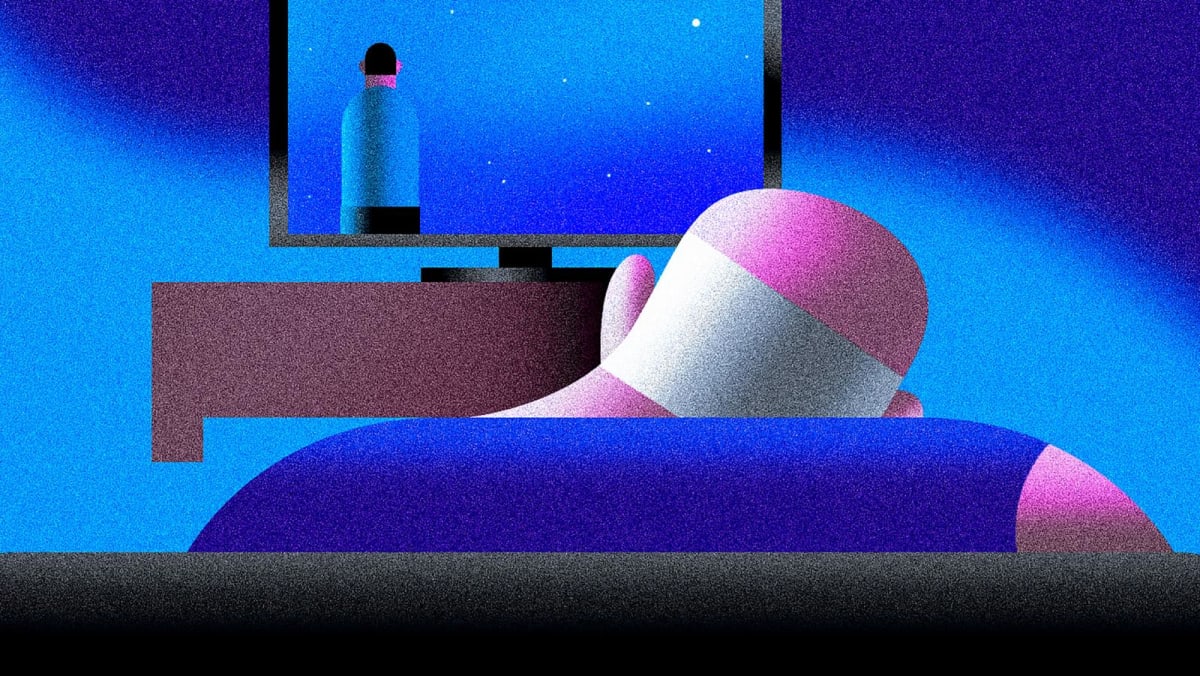MAYBE WE TEXT TOO MUCH
Dozens of studies found that one-on-one digital communications, including messaging, phone calls and video calls, were associated with the most positive mental health effects, including decreased feelings of loneliness. But an overreliance on text messaging, which superseded phone calls as the most-used communication method on phones many years ago, could contribute to loneliness if people weren’t genuinely connecting with one another.
An overwhelming majority of teenagers primarily communicate through text messaging, and they have also reported feeling connected with others when they were on “the same vibe,” according to Marciano’s research. They also said some text interactions – like a friend’s taking a long time to respond to a message – stoked anxieties and feelings of loneliness.
In addition, very few teenagers – about 2 per cent – used video calls, Marciano said. Therein lies a potential problem. It’s difficult to imagine how people could sense vibes and authenticity through typed messages, which lack the context and social cues of face-to-face interactions.
“How can you feel on the same frequency with someone if you don’t communicate properly?” Marciano said.
BINGE-WATCHING ISN’T HELPING
During the pandemic, researchers also homed in on whether binge-watching, or streaming shows back to back for long blocks of time, was linked to loneliness. An academic review of multiple studies concluded that adults who binged programmes tended to experience depression, anxiety and, to some extent, loneliness.
Dr Marc Potenza, a Yale professor and addiction expert who worked on the review, said that although the binge-watching studies focused on streaming apps such as Netflix, it was important to note that other types of apps, including TikTok and Instagram’s Reels, encouraged a similar type of infinite viewing.
People with mental health problems may engage in binge-watching as a coping mechanism for stress and other negative emotions, Potenza said. There are also obvious consequences to physical health that can harm mental health: Being sedentary for too long, losing sleep and not going out to engage with others.
By Brian X Chen © The New York Times Company
The article originally appeared in The New York Times.

